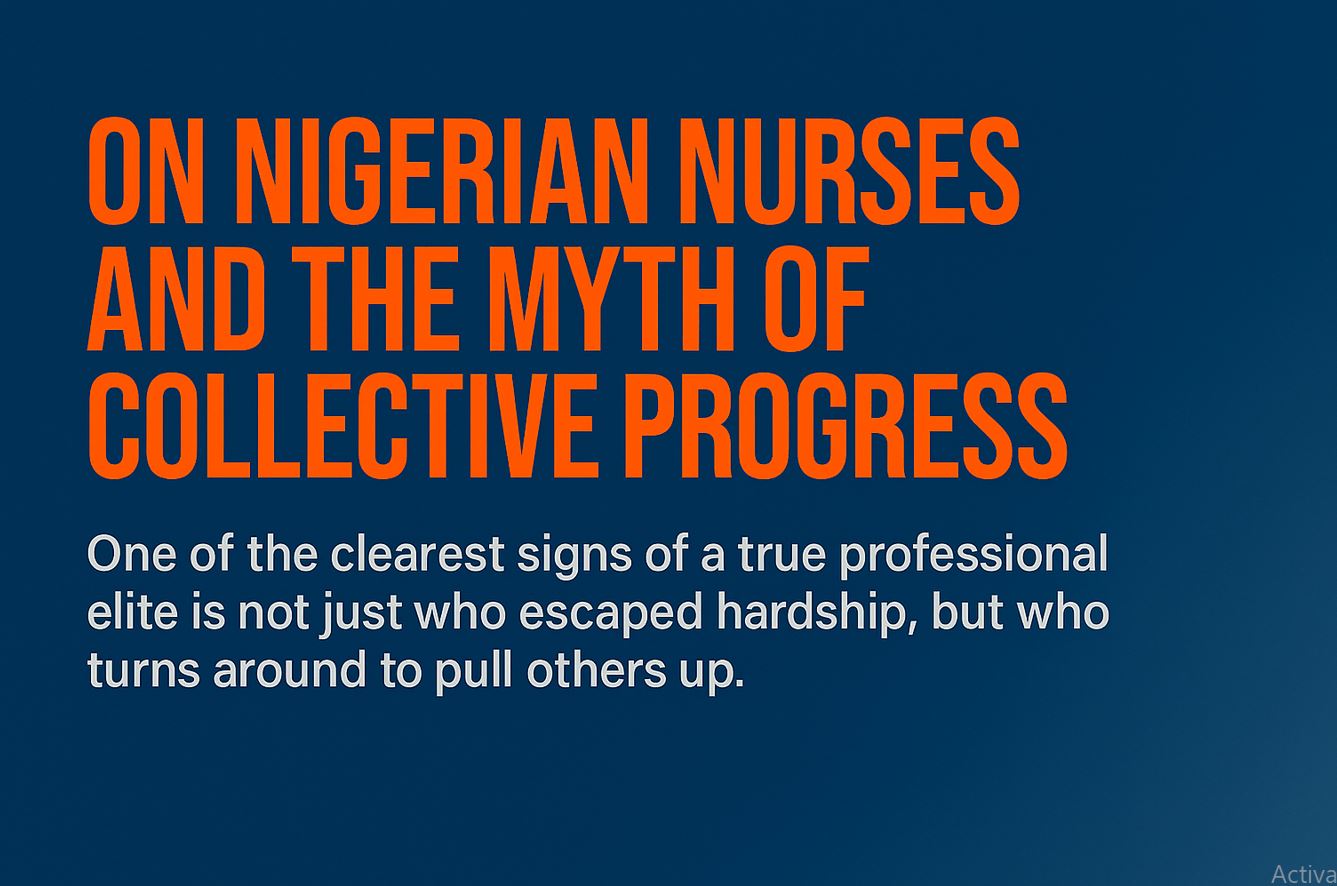Good nutrition during pregnancy, and enough of it, is very important for your baby to grow and develop. It is recommended that you consume about 300 or more calories per day than you did before you became pregnant.
Although nausea and vomiting during the first few months of pregnancy can make this difficult, try to eat a well-balanced diet and take prenatal vitamins.
Here are some foods to keep you and your baby healthy:
Choose foods high in fiber that are enriched, such as whole-grain breads, cereals, pasta and rice, as well as fruits and vegetables.
• Make sure you are getting enough vitamins and minerals in your daily diet while pregnant. You should take a prenatal vitamin supplement to make sure you are consistently getting enough vitamins and minerals every day. Your doctor can prescribe prenatal vitamins.
• Calcium is good for your bones, and women with a diet deficient in calcium may have more pregnancy complications, including high blood pressure and preeclampsia. Best sources: low-fat milk, hard cheeses, yogurt, and calcium-fortified orange juice.

• Eat at least three servings of iron-rich foods, such as lean meats, spinach, beans and boiled plantains so that you can get enough iron in your daily diet.
• Choose at least one good source of vitamin C every day, such as oranges, grapefruits, strawberries, honeydew, papaya, green peppers, tomatoes, and mustard greens. Pregnant women need 70 mg of vitamin C a day.
Foods to avoid during pregnancy
Caffeine
Taking in high doses of caffeine daily during pregnancy – whether from coffee, tea, cola, cocoa, or energy drinks – has long been associated with an increased risk of miscarriage, it’s a good idea to drink decaffeinated beverages, especially during the first trimester when the risk of miscarriage is highest.
Soft cheese
It’s best to avoid cheeses such as Brie, goat, and blue or other veined varieties. Why? They may be unpasteurized and contaminated with wisteria — bacteria that can trigger food poisoning, and because pregnant women have a weakened immune system, they are more prone to certain food-borne illnesses which, if contracted in the first trimester, can lead to miscarriage or preterm birth.
Meat
Buying cold cuts at the deli might become contaminated with bacteria if they’re not handled properly at the manufacturing plant or at the deli itself. As a precaution, heat store-sliced deli meats until they’re steaming-hot to kill the bacteria. And when preparing pork, beef, or lamb at home, cook it to medium or medium-well. These meats may be infected with parasite that causes an infection that although are relatively rare, can cause stillbirth or serious health problems.
Fish
You probably already know that mercury, which is present in many fish, is dangerous for your baby. Fish with high levels of mercury on the don’t-eat list include: shark, tilefish, king mackerel, swordfish, and tuna fish. Mistake some pregnant women make is to swear off all fish — salmon, for example, doesn’t contain mercury, and it’s a great source of omega-3 fatty acids, which you need lots of during pregnancy. But no matter what type of fish you’re eating, your best bet is to avoid anything raw or undercooked.
Alcohol
The advice on alcohol is that all women who are pregnant should avoid any alcohol consumption. Alcohol crosses the placenta immediately — you drink, your baby drinks. Women who drink frequently or heavily put their unborn baby at risk for fetal alcohol spectrum disorder, which has effects ranging from mild to severe learning disabilities, physical abnormalities, and disorders of the central nervous system.
By: Tobi Dada
Daily Times
ABUJA: Training Schedule for Basic Life Support BLS, Pediatric Advanced Life Support (PALS), Advanced Cardiovascular Life Support ACLS, First Aid, CPR, AED
PORTHARCOURT: Training Schedule for Basic Life Support BLS, Pediatric Advanced Life Support (PALS), Advanced Cardiovascular Life Support ACLS, First Aid, CPR, AED
LAGOS: Training Schedule for Basic Life Support BLS, Pediatric Advanced Life Support (PALS), Advanced Cardiovascular Life Support ACLS, First Aid, CPR, AED



